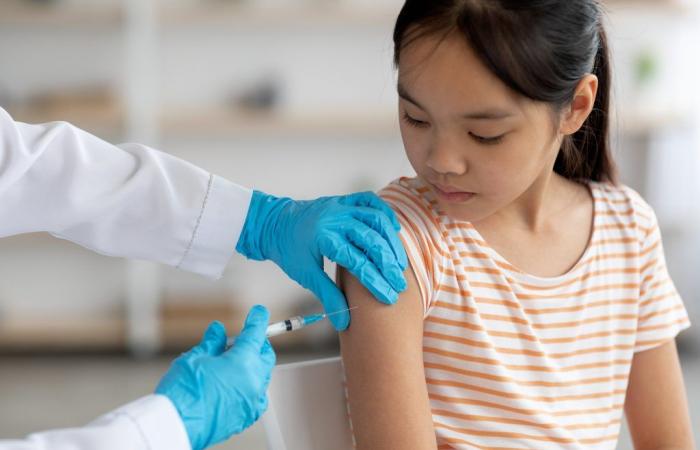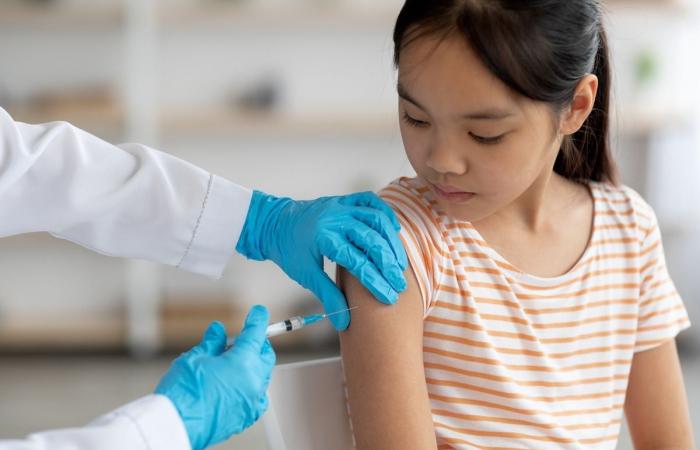In Brazil, the vaccine is offered to girls and boys aged 9 to 14, as well as people living with HIV and victims of sexual abuse
Published on April 2, 2024 at 09:01
twomin reading

The action was announced by the Minister of Health, Nísia Trindade, on her account on X (formerly Twitter) on Monday night (1st).
In the video, Trindade states that, “from now on, the vaccine will be applied in a single dose.” “In addition to girls and boys aged 9 to 14 and other specific groups defined by the National Immunization Program [PNI]we also advise states and municipalities to actively search for young people up to 19 years of age who have not received any dose of the HPV vaccine so that they can update their vaccination.”
In Brazil, the vaccine is offered to girls and boys aged 9 to 14in addition to people living with HIV evvictims of sexual abuse. Currently, the vaccination schedule is applied in two doses with an interval of six months.
The recommendation for single-dose vaccination, according to Trindade, was based on scientific studies that demonstrate greater adherence to the vaccine, as recommended by the World Health Organization (WHO) itself, from the age of 9 onwards.
There are more than 200 types of HPV, with the capacity to infect the oral, genital and sexual mucous membranes of men and women and which can cause everything from warts to other more serious symptoms. It is expected that, throughout their lives, 80% of sexually active adults will have contact with the virus.
The vaccine used in the SUS is produced by the Butantan Institute and is called quadrivalent, containing four forms of the virus 6, 11, 16 and 18. In the private network, the vaccine protects against nine types of the virus.
In recent years, the country has faced a decline in HPV vaccination coverage. According to experts, one of the difficulties in low adherence to HPV vaccination is the two-dose vaccination schedule.
In 2022, among girls, the first and second doses had, respectively, 75.91% and 57.44% adherence.
Among boys, the numbers are even lower: 52.26% in the first application and 36.59% in the second. This year’s data is not yet consolidated.
According to the Health Ministry, there was a 42% increase in the total doses applied in 2023 compared to 2018, with 5.6 million doses. The Ministry of Health has not yet announced the schedule for the new vaccine and how soon it will be available.
This video may interest you
Did you see any errors?
Talk to the editorial team
Report Error
Have you noticed any incorrect information in the content of A Gazeta? Help us fix it as quickly as possible! Click on the button below and send your message
Talk to us
Send your suggestion, comment or criticism directly to the editors of A Gazeta
Tags: Gazette Vaccination HPV main uterine cancer single dose








